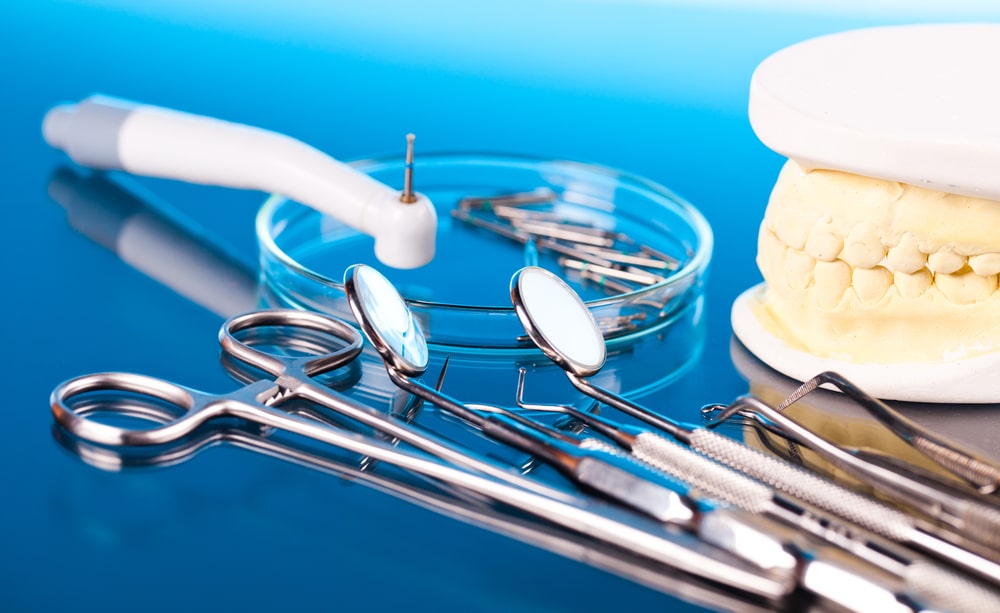Orthodontists specialize in diagnosing, preventing, and treating dental and facial irregularities, most commonly issues related to misaligned teeth and jaws. While some orthodontic problems are obvious, others may be more subtle and harder to detect. Knowing when to see an orthodontist can make a significant difference in your oral health and overall quality of life. Here are the top signs that you may need to schedule a visit to an orthodontist.
1. Crooked Or Crowded Teeth
One of the most common reasons people seek orthodontic care is crooked or crowded teeth. Misaligned teeth not only affect the appearance of your smile but can also lead to more serious dental issues. Crowded teeth are harder to clean, increasing the risk of plaque buildup, cavities, and gum disease. If you notice that your teeth overlap, twist, or feel too close together, it may be time to consult an orthodontist to explore options like braces or clear aligners to correct the issue.
2. Bite Problems
A misaligned bite can cause discomfort, jaw pain, and even damage your teeth over time. There are several types of bite problems that an orthodontist can treat, including:
- Overbite: When the upper front teeth overlap significantly with the lower front teeth.
- Underbite: When the lower front teeth protrude beyond the upper front teeth.
- Crossbite: When some upper teeth sit inside the lower teeth instead of outside.
- Open bite: When the upper and lower front teeth don’t meet when the mouth is closed.
These bite issues can cause difficulty chewing, speaking, and can even lead to jaw pain or headaches. An orthodontist can help correct these problems with braces, aligners, or other orthodontic appliances.
3. Difficulty Chewing Or Speaking
If you find it difficult to chew food properly or have trouble pronouncing certain words, it could be due to a misalignment of your teeth or jaws. Poor tooth alignment can make chewing inefficient, leading to digestive issues if food isn’t broken down properly. Speech difficulties, like lisping or slurring, may also result from improper positioning of the teeth or jaws. An orthodontist can assess these issues and recommend a treatment plan to improve both function and aesthetics.
4. Jaw Pain Or Clicking Sounds
Frequent jaw pain, clicking, or popping sounds when you open or close your mouth may indicate a temporomandibular joint (TMJ) disorder, which can be caused by misaligned teeth or a bad bite. Orthodontists are trained to recognize and treat TMJ problems by realigning the teeth and jaws to reduce pressure on the joint.
5. Mouth Breathing Or Snoring
Chronic mouth breathing or snoring can be signs of an underlying orthodontic issue, such as a narrow jaw or crowded airways. Orthodontists can help expand the dental arch or realign the jaw to improve airflow and reduce symptoms of sleep apnea or snoring. Early intervention, particularly in children, can prevent these problems from worsening over time.
Conclusion
Recognizing these signs early and consulting with an orthodontist can prevent more serious dental issues and improve your oral health in the long run. Whether you’re dealing with crooked teeth, bite problems, jaw pain, or functional issues like difficulty chewing or speaking, orthodontic treatment can offer solutions to improve both the appearance and functionality of your teeth and jaw. If you’re experiencing any of these issues, it’s worth scheduling a consultation with an orthodontist from Backus Orthodontics to explore your options and begin your journey to a healthier smile.

